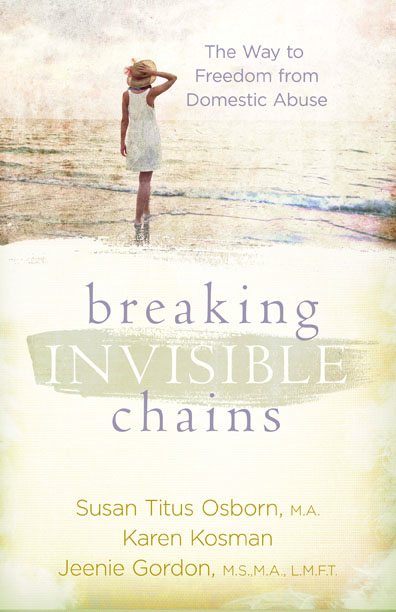Fair Use is defined as the right to use copyrighted work without permission or without making payment to the owner. Copyright law provides for the fair use of another’s work without infringing on their copyright. How much can you copy from a source and stay within fair use?
The law is designed to be vague. If you are copying a magazine article, you can probably copy a paragraph or two. Also, you can probably copy several paragraphs from a book without infringing on copyright law. Be careful though not to copy the essence of something in the book. Poems and songs can only be copied without paying a high fee if they are in public domain. If a song is currently popular, use only the title. Titles are not copyrightable, but if a book is in print, you cannot title a new one by that name. Capitalize trademarks (Xerox, Kleenex) to avoid problems there or, better yet, use the words “photocopy” or “tissue” instead. For detailed information on copyright law, see my previous blog series on copyright law.
Always give the authors you are quoting credit for their material, even if you are within fair use and aren’t required to obtain their permission to use it. Cite your source within the text of your article or book or in an endnote.


